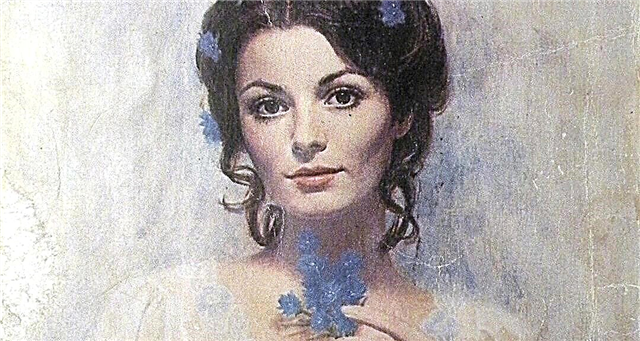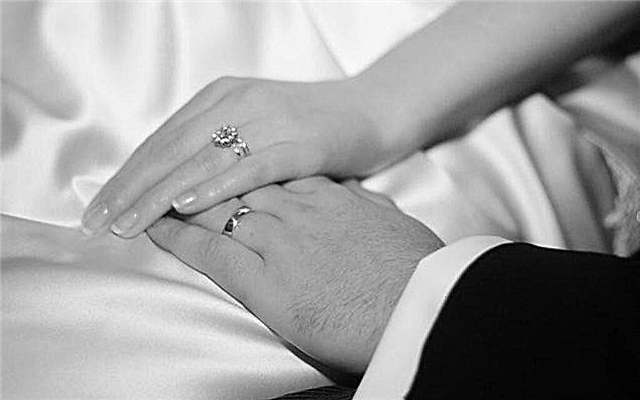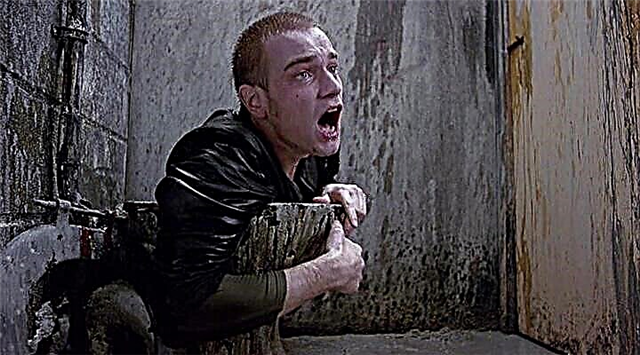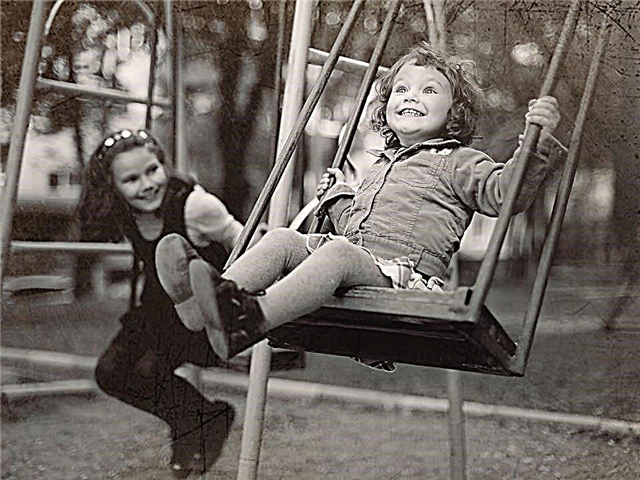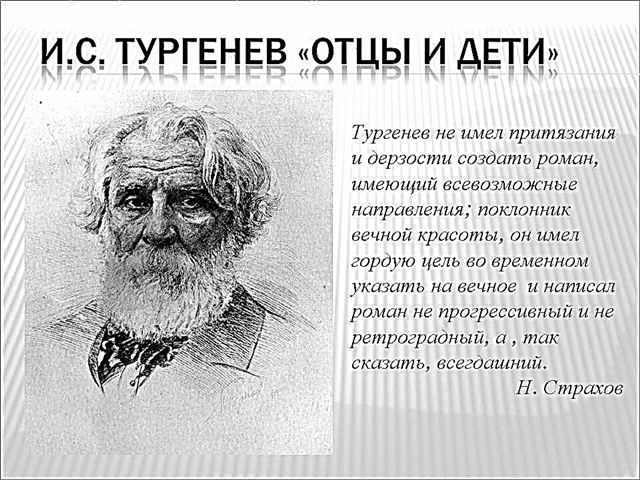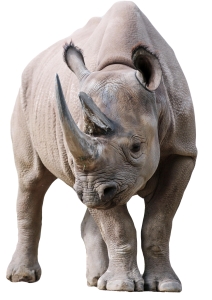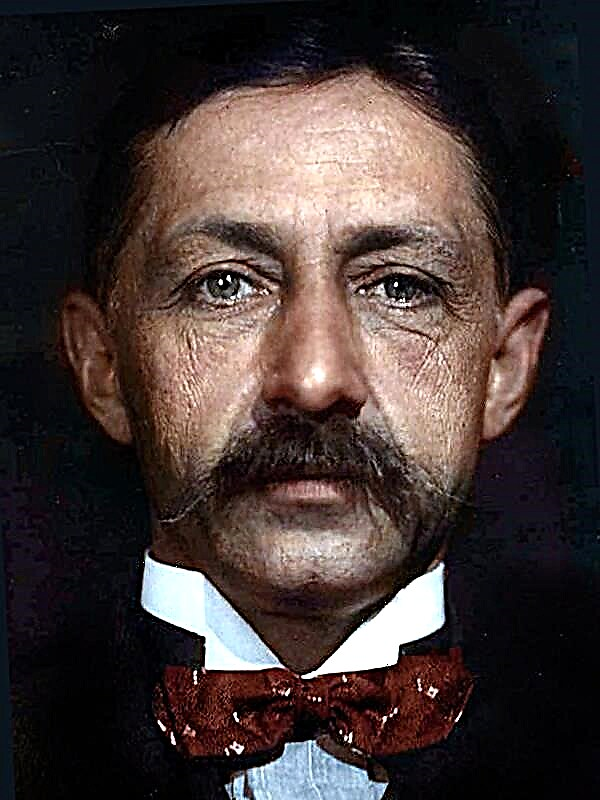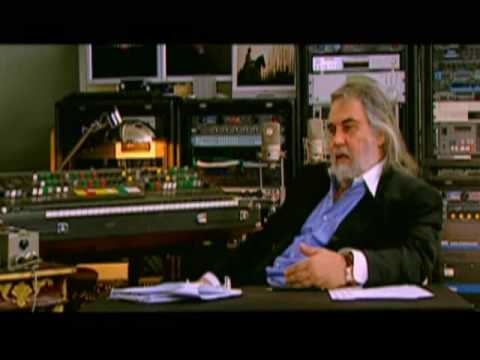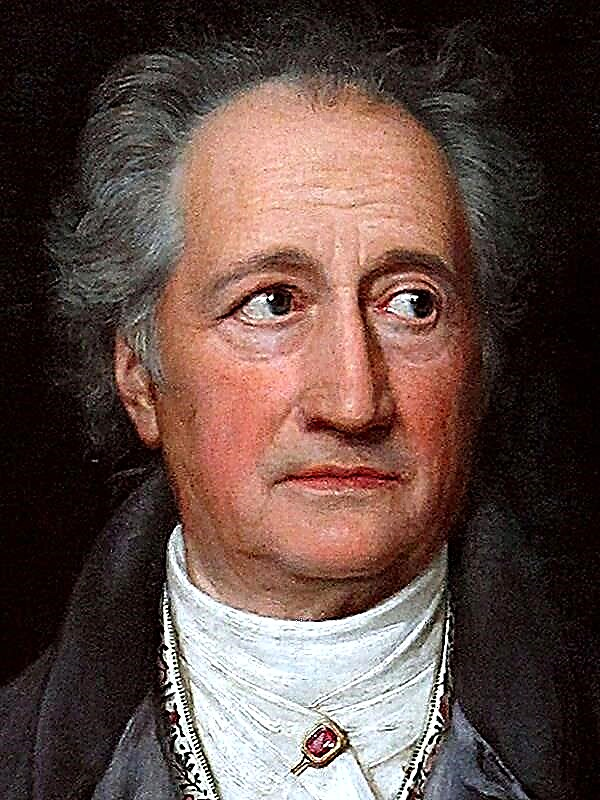New York, Brooklyn, 1947. The novice writer Stingo, on behalf of whom the narrative is built, set out to conquer literary America. However, while he has nothing to boast of. The work of a reviewer in a fairly large publishing house is short-lived, it is not possible to make useful literary acquaintances, and the money is running out.
The narrative is multi-layered. This is Stingo's autobiography. And also the story of Sophie, the young Polish woman Zofia Zavistovsky, who went through the hell of Auschwitz. And stretched over many pages, the “cruel romance” is a description of the fateful love of Zofya and Nathan Landau, Stingo’s neighbors in a cheap guesthouse in Brooklyn. This is a novel about fascism and partly a treatise on world evil.
Stingo is absorbed in working on his first novel from the life of his native South, in which experts in the work of Styron easily recognize his own novel debut, "Hiding in the Darkness." But other material breaks into the gloomy Gothic world of passions that Stingo seeks to recreate. The life story of Zofya, which that fragment after fragment tells to a pretty neighbor in moments of fear and despair caused by another disagreement with the inexperienced Nathan, makes Stingo think about what fascism is.
One of his most interesting observations is the conclusion about the peaceful coexistence of two antagonist strata of life. So, he thinks, on the very day that the next batch of Jews delivered by the train was liquidated at Auschwitz, Stingo's rookie wrote a fun letter to his father from the Marines training camp in North Carolina. Genocide and “almost comfort” appear in the form of parallels, which, if they intersect, then in foggy infinity. Zofya’s fate reminds Stingo that neither he nor his compatriots really knew about fascism. His personal contribution was to arrive at the theater of operations, when the war, in fact, was already over.
Poland, the thirties ... Zofya is the daughter of a professor of law at the University of Cracow Begana. Her husband, Casimir, also teaches mathematics. Somewhere in the distance, fascism is already raising its head, people are going to camps, but the walls of a cozy professorial apartment protect Zofya from sad facts. She did not immediately trust Stingo that which she kept secret from Nathan. Her father was by no means an anti-fascist who saved Jews by risking his own life. A respectable lawyer, on the contrary, was an ardent anti-Semite and composed the pamphlet The Jewish Problem in Poland. Can National Socialism solve it. ” The legal scholar, in essence, proposed what the Nazis would later call the "final decision." At the request of his father, Zofier had to reprint the manuscript for the publisher. Her father’s views cause her horror, but the shock quickly passes, obscured by family concerns.
... 1939. Poland was occupied by the Nazis. Professor Begansky hopes to be a useful Reich as an expert on national issues, but his fate is predetermined by one hundred percent Aryans. As a representative of the inferior Slavic race, great Germany does not need him. Together with his son-in-law, Zofya’s husband, he ends up in a concentration camp, where both die. Sting hears the “Polish history”, and he regularly imprints on paper the images of his native South. Nathan takes an interest in his work, reads excerpts from the novel and praises Stingo, and not out of politeness, but because he really believes in the literary talent of a roommate. At the same time, poor Stingo alone has to answer for all the excesses of the relationship between blacks and whites in this region of America, Nathan's Philippians sound unfair, but the irony of fate is that Stingo’s current relative well-being is rooted in the distant past and is associated with the family drama. It turns out that the money sent to him by his father and allowing him to continue working on the novel is part of the amount that his great-grandfather earned from the sale of a young slave, nicknamed the Artist, in the distant past. He was unjustly accused by a hysterical girl of harassment, and then it turned out that she had slandered him. Great-grandfather made a lot of efforts to find the young man and redeem him, but he seemed to have disappeared. The sad fate of the Artist, who most likely found untimely death on the plantations, becomes the foundation on which the aspiring artist, who gravitates to depict the dark sides of reality, is trying to build his future as a writer. True, most of this money will be stolen from Stingo, and there will be a double sense of annoyance and the accomplishment of historical justice.
Derived from Nathan and Zofier. He is not only jealously jealous of her for the various characters of the novel, but in moments of rage he accuses her of anti-Semitism, saying that she dared to survive when Jews from Poland almost all perished in gas chambers. But here, in Nathan's rebukes, there is a grain of truth, although it is not for him to judge his beloved. Nevertheless, Zofia’s new confessions create the image of a woman desperately trying to adapt to an abnormal existence, to make a pact with evil - and again and again failing.
Zofia faces a problem: to take part in the resistance movement or to stay away. Zofya decides not to take risks: after all, she has children, daughter Eva and son Yang, and she convinces herself that she is primarily responsible for their lives.
But by the will of circumstances, she still ends up in a concentration camp. As a result of the next round-up of the underground, she is detained, and as soon as the forbidden ham turns out to be with her (all meat is the property of the Reich), she is sent to where she was so afraid to get - to Auschwitz.
At the cost of a separate peace with evil, Zofya is trying to save his loved ones and is losing them one by one. Zofya’s mother dies without support, and upon arrival in Auschwitz, fate in the form of a drunken SS man suggests that she decide which of the children to leave and who to lose in the gas chamber. If she refuses to make a choice, both will be sent to the oven, and after painful hesitation, she leaves her son Jan. And in the camp Zofya makes a desperate effort to adapt. Having become temporarily secretary-typist of the all-powerful commandant Höss, she will try to rescue Jan. The dad’s treatise that she saved was also useful. She will declare herself a staunch anti-Semitic and champion of the ideas of National Socialism. She is ready to become Hess's mistress, but all her efforts go to dust. The chief jailer, who had begun to show interest in her, was transferred to Berlin, and her back to the general hut, and attempts to alleviate her son’s fate would be futile. She is no longer destined to see Jan.
Gradually, Stingo realizes what keeps her in the company of Nathan. At one time, he did not let her die in Brooklyn, he did - with the help of his brother doctor Aarry - everything so that she recovered from shocks and malnutrition and gained strength to continue living. Gratitude makes her bear the insane jealousy of Nathan, bouts of rage, during which he not only insults, but also beats her.
Soon, Stingo learns the sad truth. Larry tells him that his brother is by no means a talented biologist working on a project that, according to Nathan, will bring him the Nobel Prize. Nathan Landau was brilliantly gifted by nature, but a serious mental illness did not allow him to fulfill his potential. The family spared no effort and money for his treatment, but the efforts of psychiatrists did not bring the desired result. Nathan really works in a pharmaceutical company, but a modest librarian, and talking about science, about the upcoming discovery - all this is for looking away.
Nevertheless, in the next period of relative mental well-being, Nathan tells Stingo about his intention to marry Zofye, and that the three of them will go south to Stingo's “family farm”, where they will have a good rest.
Of course, plans remain plans. Nathan’s new fit, and Zofya hurries out of the house. However, Nathan calls her and Stingo on the phone and promises to shoot them both. As a sign of seriousness of his intentions, he shoots with a pistol, so far into space.
At the insistence of Stingo, Zofya leaves New York in his company. They go to the Stingo farm. It was during this journey that the hero manages to part with his virginity, which by no means adorned the Gothic artist. Stingo made several attempts to become a man, but in America, the ideas of free love were not popular in the late forties. Ultimately, the novice American writer got what the commandant of Auschwitz was denied due to circumstances. Sufferer and victim of total violence, Zofya at the same time acts as the embodiment of Erotica.
However, waking up after a ravishing night, Stingo realizes that he is in number one. Zofya could not stand the separation from Nathan and, having changed his mind, returned to New York. Stingo immediately goes after her, realizing that, most likely, he was already late for preventing the inevitable from happening. She decides the last dilemma that Zofier’s fate is to stay with Stingo or die with Nathan. She has already chosen life too many times - at the cost of the death of others. Now she does otherwise. Rejecting the possibility of a comfortable existence, Zofya remains faithful to the man who once saved her — now she has completely connected her fate with him. As characters in ancient tragedy, they take poison and die at the same time. Sting remains to live - and write.

